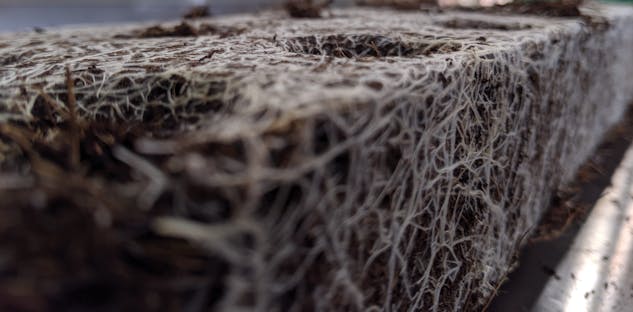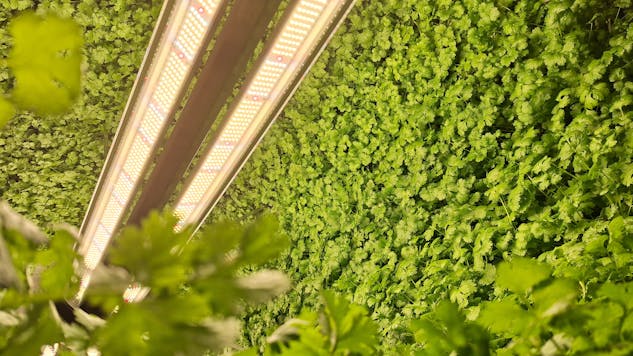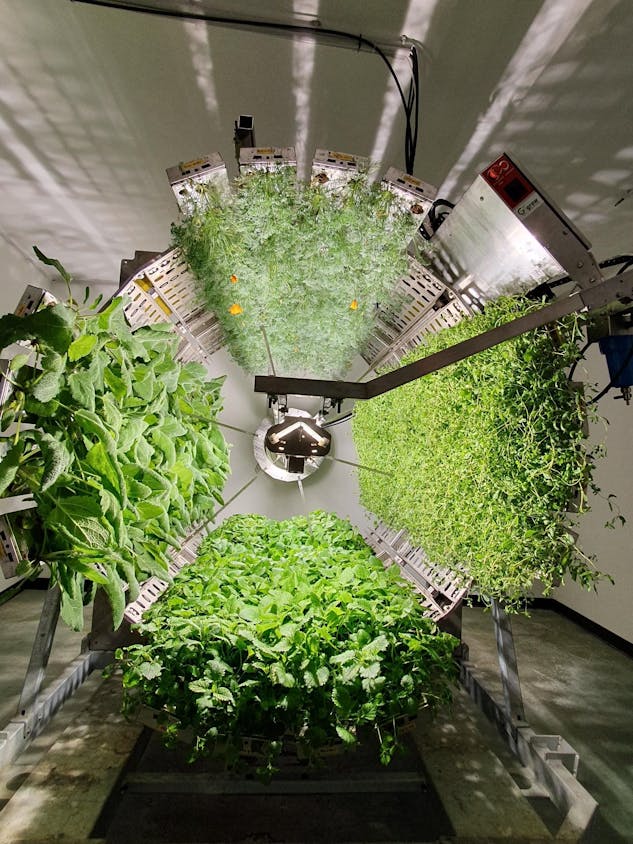Research & Development
Futura Gaïa's laboratory enables us to work with our customers in full confidentiality on the development of agronomic recipes that optimize concentrations of the active ingredient of interest.
Our private agronomic research laboratory:
Our facilities:
6 modular and confidential research universes
413 m² of research space
Computerized (bioinformatics, data science, integrated AI) and remote control
Vegetative or seed propagation possible
Innovative fertilization equipment
Our results
Biofortification
+20.7%
in calcium
Annual cycles
13
lemon balm harvests per year
Photobiology
+78%
essential oil content
Fertilizer
-72%
compared to open-field cultivation
Inflammatory Activity
x13
times higher for a plant intended for nutraceutical purposes (compared to China)
Energy
-30%
using our Energy Management System (EMS)
Antioxidant Capacity
x2
due to a specific microbial terroir
The team
A team of researchers and engineers with complementary skills:
Our R&D offers
Different types of research and development projects can be implemented, depending on requirements. Some examples developed with our partners:
60-day feasibility study
This type of study is used to check that the plant is operating correctly in the growing system. It can be carried out when cultivating a plant that has not been tested in the R&D laboratory, or for a short validation of a plant of interest.160-day recipe development process
This type of experimentation can be judicious in the case of short-cycle plants (lettuces, aromatic herbs, etc.), allowing the replication of several crop cycles during the study, guaranteeing the repeatability of the recipe.300-day recipe development process
This type of experimentation is recommended for long-cycle plants (fruit, flowers, etc.). It can also be used to carry out trials on soil composition or light spectrum optimization, or even to guarantee advanced optimization for short-cycle plants.









